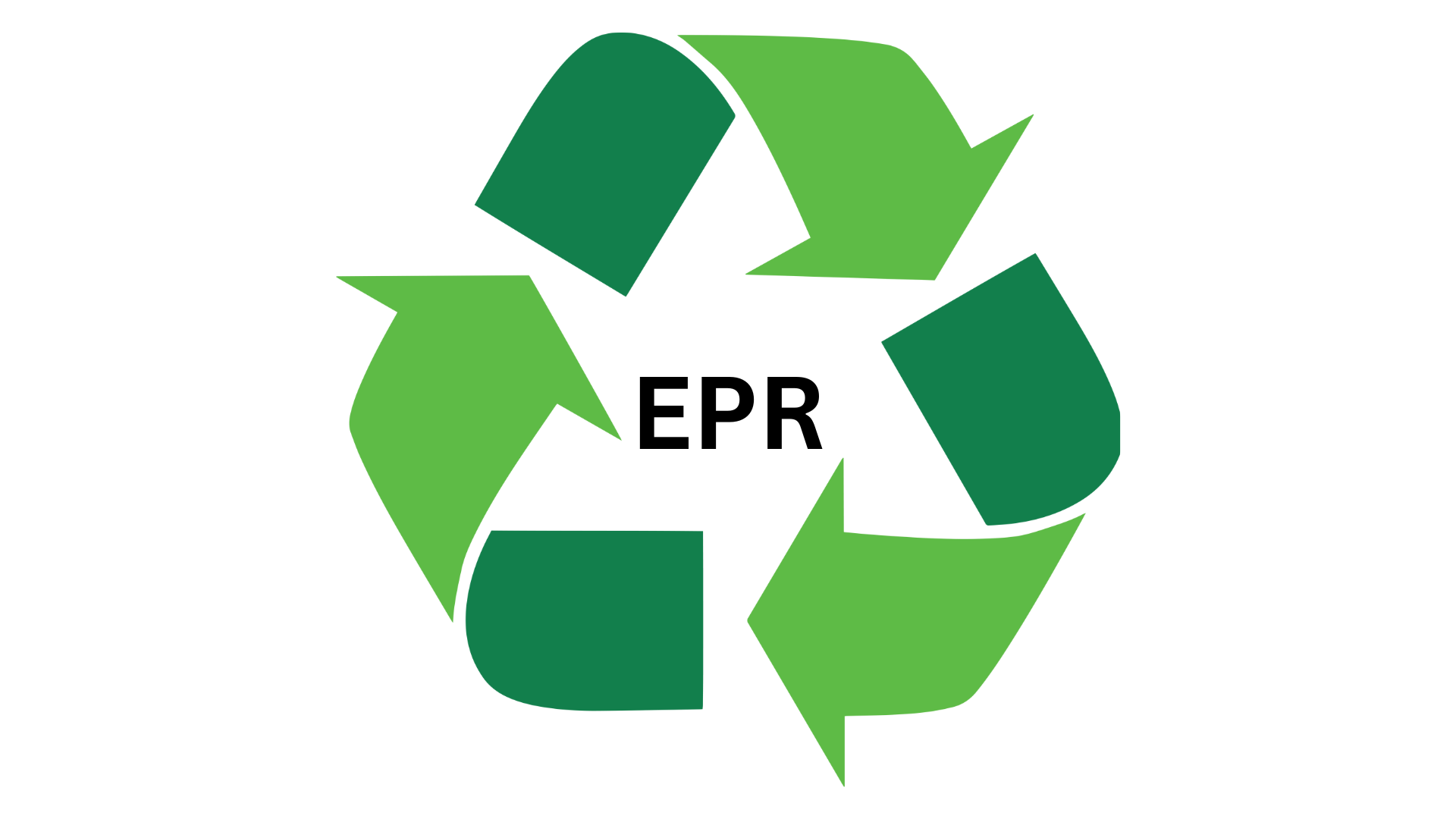
Need EPR Quickly? Contact Ms. Bharti Sharma at +91-7011981997
Extended Producer Responsibility (EPR) involves managing the disposal of products that consumers no longer find useful. Our goal is to create a simple and effective system for the collection, segregation, and transportation of materials to waste disposal facilities approved by concerned SPCB and CPCB.
What is Extended Producer Responsibility?
EPR holds producers accountable for managing the disposal of their products once consumers discard them. This system aims to reduce waste and promote recycling and proper disposal methods.
Who Needs EPR?
- Plastic Producers: If you produce, import, or manufacture plastic for packaging, you must comply with the Plastic Waste Management (PWM) Rules, 2016 and complete your EPR Plastic Registration.
- Electronics Producers: If you produce, consume, manufacture, or import electronic products, you must adhere to the E-Waste (Management) Rules, 2016 and complete your EPR E-Waste Registration.
- Battery Producers: If you produce, import, or handle batteries, you must follow the Battery Waste Management (BWM) Rules, 2022 and complete your EPR Battery Registration.
- Tyre Producers: If you produce, import, or handle tyres, you must comply with The Hazardous and Other Wastes (Management and Transboundary Movement) Amendment Rules, 2022 and complete your EPR Tyre Registration.
Plastic Waste Management
The PWM Rules apply to every producer, importer, or brand owner introducing plastic-packaged products into the market. You need to establish a system for collecting plastic waste generated by your products.
Types of Plastic Packaging
- Recyclables:
- Poly Vinyl Chloride (PVC)
- Polystyrene (PS)
- Low Density Poly Ethylene (LDPE)
- High Density Poly Ethylene (HDPE)
- Polyethylene terephthalate (PET)
- Polypropylene (PP)
- Non-Recyclables:
- Multi-Layer Packaging (MLP)
Electronic Waste Management
The E-Waste (Management) Rules, 2016, cover all entities involved in the manufacture, sale, transfer, purchase, collection, storage, and processing of e-waste or electrical and electronic equipment.
Types of E-Waste
- Recyclables:
- Information Technology and Telecommunication Equipment
- Consumer Electrical and Electronics
Battery Waste Management
The Battery Waste Management (BWM) Rules, 2022, apply to all producers, importers, and handlers of batteries. This includes the collection, segregation, and recycling of battery waste to minimize environmental impact.
Types of Battery Waste
- Battery Type:
- Portable Batteries (used in consumer electronics and rechargeable)
- Automotive Batteries
- Industrial Batteries
- Others
- Battery Composition:
- Lead-Acid
- Lithium-Ion
- Nickel Cadmium
- Zinc-Based
- Others
Tyre Waste Management
The Hazardous and Other Wastes (Management and Transboundary Movement) Amendment Rules, 2022, cover the disposal and recycling of used tyres. Proper management of tyre waste is essential to prevent environmental degradation.
Types of Tyre Waste
- Motorcycle Tyres
- Scooter Tyres
- Passenger Car Tyres
- Truck Tyres
- Bus Tyres
- LCV Tyres
- Tractor Rear Tyres
- Off-the-Road Tyres (OTR)
- Others
Understanding Post-Consumer Waste
Post-consumer waste is generated by the end consumer and does not involve the production of another product. Common examples include discarded bottles. Proper disposal and recycling of this waste are crucial to minimize environmental impact.
Importance of Recycling Post-Consumer Waste
Recycling or reusing post-consumer waste prevents it from polluting land and oceans. Single-use materials are particularly harmful as they consume significant energy and resources. By recycling, we can reduce the continuous production of new materials, thereby minimizing environmental damage.
Even though plastic can take hundreds of years to decompose, other alternatives may also be harmful. For example, paper straws, though seen as a solution, are still single-use and resource-intensive to produce.
